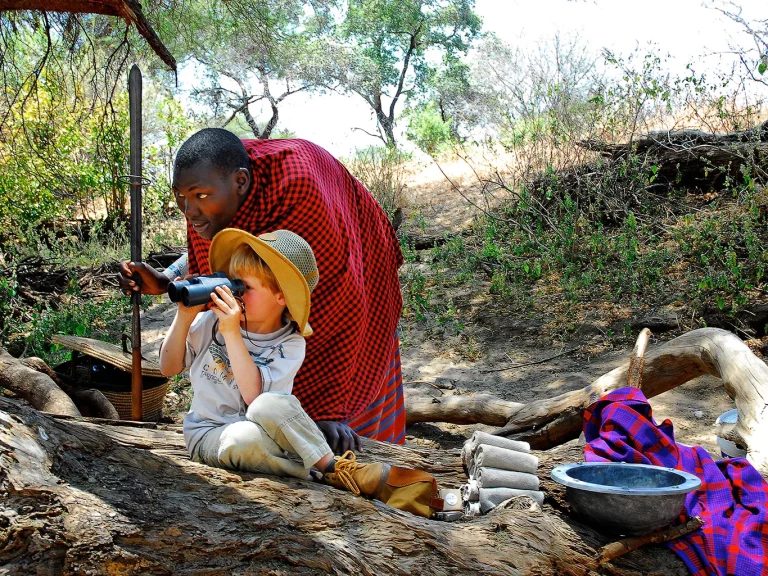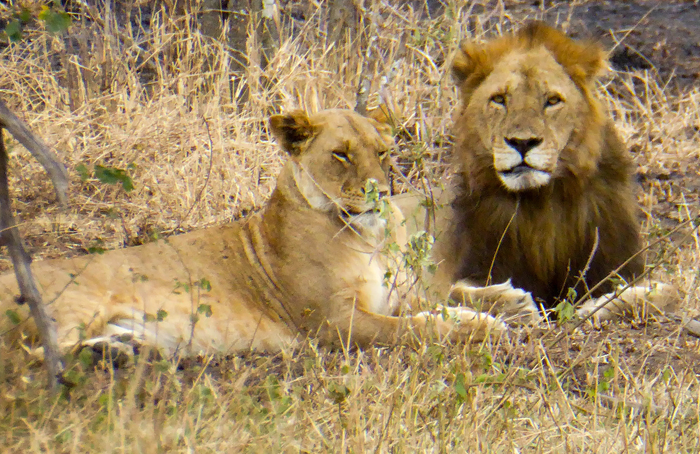Good Suggestions On Picking Mombasa Old Town
Good Suggestions On Picking Mombasa Old Town
Blog Article
What's The Best Way To Get Around Mombasa When On Vacation?
Understanding the various transportation options in Mombasa is crucial to an enjoyable and successful holiday. Here are a few important considerations for your Mombasa, Kenya holiday.
1. How to get to Mombasa
Moi International Airport is the primary air terminal for Mombasa. Domestic and international flights are managed by the airport. A number of major airlines offer flights between and to Mombasa.
Trains: Kenya Railways operates the Madaraka Express that runs between Nairobi and Mombasa offering a modern and comfortable train service.
Bus: Many bus companies offer services to and from Mombasa including Modern Coast and Coast Bus.
2. Local Transport in Mombasa
Taxis and Ride-Hailing Services are readily available. Uber and Bolt provide ride-hailing services in Mombasa.
Three-wheeled cars, commonly referred to as tuk-tuks are a cheap and well-known way to get around the city. They are suitable for short distances.
Matatus: These are shared minibuses which follow particular routes. They are the most frequent mode of public transportation. They are a reasonable option but they are also less comfortable.
Boda-bodas can be found for those who want to move quickly and conveniently particularly for shorter distances or in areas with heavy traffic.
3. Car Rentals
Self-Drive: Car rental services are offered at airports and within the city. Rental firms both local and international offer an array of cars. Know the traffic laws and driving conditions at your destination.
Service for chauffeurs If you prefer not to drive, chauffeur driven car rental is also available.
4. Ferry Services
Likoni-Ferry: This ferry ties Mombasa with the south part of Mombasa which is on the mainland. It is necessary for pedestrians to reach the southern beach. Vehicles are charged a fee.
5. Excursions Day Trips
Tour Operators. A lot of tour operators offer organized excursions such as to the Mombasa Marine National Park Fort Jesus as well as close beach resorts such as Diani, Nyali, and Fort Jesus. The tours usually include transportation.
Public transportation: For independent travelers, matatus and Tuktuks are fantastic options to travel to attractions.
6. Walking and Cycling
Bicycle Rentals - Some areas such as along the coast provide bicycle rental services for leisurely exploration.
Walking is possible in Mombasa. Especially in the Old Town or along the beach.
7. Tips for Travelers
Avoid using public transport late at night. Only make use of taxis that you know. Take care of your possessions.
Negotiation: If you are using taxis or tuk-tuks, you must negotiate the price before beginning your journey. Meters are not often used.
Traffic: Expect lots of traffic, especially around Likoni Ferry or central business district.
If you're aware of the many transport options and have made all the arrangements required, your vacation will be stress-free. Follow the most popular kenya tours and safaris Wasini Watamu for blog examples including kenya tourism, kenya safari and beach, tour agents in kenya, mombasa travel agency, kenya safari holiday packages, beach in mombasa, kenya safari and beach, safari a nairobi, kenya safari tours, africa in kenya and more.
What Is The Cultural Sensitivity I Should Be Aware Of When Traveling In Mombasa Kenya On A Holiday?
While traveling in Mombasa, Kenya, being mindful of your culture is crucial to ensure respectful interactions with the local population and to enrich your travel experience. Here are some essential considerations.
1. Be respectful of local dress codes
Mombasa, Kenya has an extensive Muslim community. In public places, religious locations, and neighborhood, it is important to dress in a modest manner. This means wearing a dress that covers your shoulders, chest and knees.
Beachwear - Swimwear can be worn while at the beach However, it is recommended to wear a hoodie when you go to restaurants or shopping nearby.
2. Religious Sensitivity
Mosques: Get permission prior to entering a mosque. Wear modest clothing. Women must wear a head cover and all visitors should remove their shoes before entering the mosque.
Prayer Times: Always be aware of the five times you need to pray for prayer every day and show respect particularly if you're in the vicinity of an Islamic mosque.
3. Photography Etiquette
You should ask permission before taking photos, especially in rural settings or traditional settings. Some people feel uncomfortable or might think that photos are intrusive.
Restricted Areas: Avoid taking photographs of places that are considered to be sensitive such as military installations, government buildings, as well as certain cultural sites in which photography may be prohibited.
4. Social Interactions
It is important to greet people courteously. The most commonly used greeting in Swahili is "Jambo" meaning"hello. It's common to handshake however it is more respectful for Muslim women to wait until their hand is extended or to greet in a more formal manner.
Personal Space: Remember the need to respect the privacy of your own space.
5. Cultural Taboos and the Norms
Public Displays of Love: They are frowned on.
The use of the left hand Left-handed hands have historically been considered dirty. Use your left hand to eat or greet people, as well as trade goods or money.
Feet: Showing the soles of your feet or the point of your feet towards people is considered disrespectful.
6. Language and Communication
Basic Swahili: Learning a few basic phrases in Swahili will help in building respect and establishing rapport with locals. The most frequently used words are: "Asante" or "Habari" (both meaning "Thank for your". ).
Politeness. Engage in conversation with respect and patience. Kenyans value courteous and respectful interactions.
7. Respect for local Customs
Traditional practices: Be respectful of traditional ceremonies and practices. If you're invited to an event within your community be sure to follow the hosts and observe their behavior.
Locally-owned shops and markets is common. But do it with humor and respect. It's a custom of the community not an aggressive one.
8. Alcohol and Smoking
Alcohol is readily available, however it is best to drink it in a discreet manner in areas that are dominated by Muslims. Avoid public drunkenness.
Smoking in public places is not permitted. Smoking is permitted in designated areas.
9. Environmental Respect
It is a crime to litter. Be respectful of wildlife and natural habitats.
Encourage conservation efforts through respect for wildlife in the local area and their habitats. Avoid buying products made from endangered species.
10. Helping Local Communities
Local Businesses: Help local businesses, markets and artisans to support the local economy.
Responsible Tourism: Participate in responsible tourism by selecting eco-friendly and community-based tourism options that benefit the local population.
If you abide by these guidelines for the cultural sensitivity of your trip, your visit to Mombasa will be more meaningful, respectful, and enriching. Have a look at the top rated transfer to Diani for blog examples including kenya mombasa holiday packages, mombasa safari, mombasa packages, safari tour, afri safari, tours and safaris in kenya, tour and travels, tours and safaris in kenya, mombasa packages, tour and travels and more.
What Environmental Obligations Do I Need To Be Aware Of During My Holiday In Mombasa Kenya?
It is essential to be responsible for the environment while on vacation in Mombasa. This will help preserve the beauty and biodiversity of this region. Consider these environmental responsibilities:
1. Sustainable Accommodation
Hotels that are eco-friendly: Select a hotel that adheres to sustainable practices. Look for eco-labels such as Eco-Tourism Kenya.
Join in the hotel's efforts to save water. Reuse linens or towels. If you are not using them, turn off lighting and air conditioning.
2. Responsible Wildlife Viewing
Respect wildlife. Stay at a safe distance away from animals so as not to disrupt them. Please follow the directions provided by your tour leader.
Avoid Feeding Animals: Feeding wildlife could disrupt their natural diet and behaviour.
Leave No Track. Do not litter in Wildlife Reserves or Parks. Take your trash home to properly dispose of it.
3. Plastic Reduction
Avoid single-use products. Carry a reusable mug bag, bag, or other the utensil.
Encourage local initiatives in your area. Take part in or help local beach cleanup efforts, and also organizations that are working to cut down on the impact of plastics on our oceans.
4. Water Conservation
Mombasa has water scarcity issues. Take shorter showers and turn off the water taps whenever you're not using them.
Eco-Friendly Product: Minimize water pollution through the use of biodegradable and eco-friendly products.
5. Energy Conservation
Reduce energy use: Limit the usage of air conditioning and disconnect devices that aren't being used.
Support Renewable Energy: Choose accommodations and tour operators who use renewable energy sources.
6. Sustainable Transportation
Public Transport: Whenever possible, use public transportation like matatus or buses to decrease the carbon footprint you leave on your feet.
Think about short-distance walks or renting bicycles. There are some areas that offer eco-friendly tuktuks.
7. Helping Local Businesses
Buy locally: To support the local community, purchase souvenirs, products, and food from local vendors.
Fair Trade: Purchase items with fair trade certifications to ensure that producers in your region are fairly compensated.
8. Environmental Education
Learn and share - Educate yourself on the environment in your area, as well as conservation efforts. Do share your information with others to increase awareness.
Respect local cultures: Know and accept the traditions and customs of your local community in relation to conservation of the environment.
9. Marine Conservation
To ensure you're conducting your snorkeling and diving safely, avoid touching coral reefs or walking into the reefs. Make sure to protect marine life with reef-safe sunscreen.
Do not throw trash into the ocean. Join or help support programs to protect marine life.
10. Ethical Souvenirs
Avoid wildlife products Don't buy items made from endangered species such as ivory or tortoiseshell.
Sustainable Materials: Select souvenirs that are made from recycled or sustainable materials.
11. Participate in conservation Activities
Consider becoming a volunteer by participating in local tourism or conservation projects.
Help local NGOs. Contribute money or donate to conservation groups and non-governmental organizations working in your local area to safeguard the environment.
12. Responsible Travel practices
Travel in small intimate groups to reduce environmental impact.
Eco-Tours Select tour operators that have sustainable policies and a dedication to sustainability.
When you keep these environmental obligations in mind, it's possible to make a contribution to the protection and beauty of Mombasa and the diversity of this region for future generations. Follow the best best holiday destinations in kenya for more advice including tours & safaris, african safari tours, mombasa tour companies, mombasa beach kenya, african safari excursions, kenya tours, kenya safaris and tours, africa tours and safaris, tours safari africa, kenya mombasa holiday packages and more.